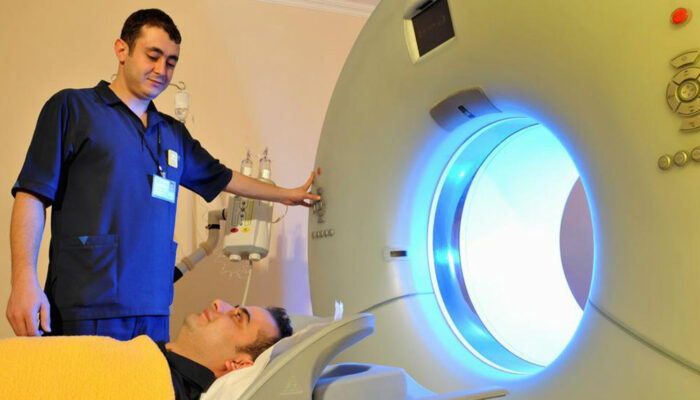
7 Surprising Benefits Medicare Doesn’t Cover
7 Top Medicare Supplement Insurance Companies
Medicare is a universal health insurance policy provided to senior citizens in the United States. It is available to anyone over the age of 65, people with disabilities, and people in end-stage renal failure. Original Medicare comes in two parts, part A and part B. Part A covers inpatient hospital care, and part B covers outpatient care. There are also options for supplemental coverage through other companies, such as Aetna, United Health Care, Blue Cross Blue Shield, Cigna, Humana, Anthem, Mutual of Omaha and Social Security Administration (SSA) medicare. During their enrolment in Medicare, many people are surprised to learn that it does not cover several aspects of healthcare, as we explain below:
1. Long term care
Classic Medicare covers hospitalization and a short stay in a skilled nursing home facility to treat serious medical conditions. Seniors can purchase Medigap insurance to more fully cover these types of extended medical care. However, neither classic Medicare nor Medigap covers long term care, either in the individual’s home by a visiting care provider or in a nursing home. Seniors will need to purchase a stand-alone long term care policy.
2. Overseas health care
One of the perks of retiring is getting out there and seeing the world. Unfortunately, Medicare does not cover health care outside the US. Most Medigap plans do cover health care outside the US, so seniors who are planning to enjoy their retirement by cruising should definitely look into a Medigap plan.
3. Routine eye exams
Everyone 65 and over should get a routine yearly eye exam to ensure their eyes are healthy. In addition, many seniors wear corrective contact lenses and/or glasses. Oddly, Medicare does not cover routine eye exams or corrective lenses. It does cover follow-up exams and treatment for medical issues affecting the eyes, such as glaucoma and macular degeneration. In order to obtain insurance coverage for routine eye exams and corrective lenses, seniors will have to either enroll in a Medicare Advantage Plan or buy a stand-alone health insurance policy that covers vision care.
4. Routine hearing exams
Approximately two percent of the general population has hearing loss; this percentage increases to 25% for people aged 65 to 75 and up to 50% for those over age 75. Strangely, Medicare does not cover hearing exams or hearing aids. The law was recently changed to allow people to buy hearing aids over the counter without the need to consult a doctor.
5. Prescription drugs
Around 90% of the older population takes at least one prescription drug; some seniors take a dozen or more prescription medications. Many of these drugs can be quite expensive. Classic Medicare does not cover prescription drugs, and recognizing that this was a problem, Congress added Part D to classic Medicare. Individuals can opt to enroll in Part D, which will cover most of their prescription drug costs. Alternatively, seniors can enroll in a Medicare Advantage plan that includes a prescription drug benefit.
6. Routine dental exams
Medicare does not cover either routine dental exams or dental work. Dental work can be very expensive, and a lack of proper dental care can cause a wide range of health problems, such as heart disease. It is puzzling why Medicare does not cover dental care. Seniors can either purchase a stand-alone dental insurance policy in addition to classic Medicare or they can enroll in a Medicare Advantage plan that includes dental care.
7. Dentures
With improvements in dental implants, such as all-on-four, dentures are rapidly falling out of favor. However, many people cannot undergo implant surgery for health reasons, and they need dentures to live a normal life, but Medicare does not cover them. Seniors who need them have to enroll in a Medicare Advantage plan or stand-alone dental plan.



